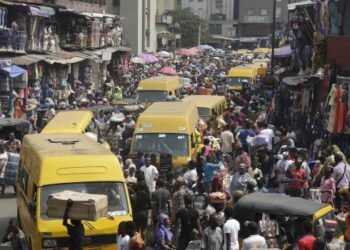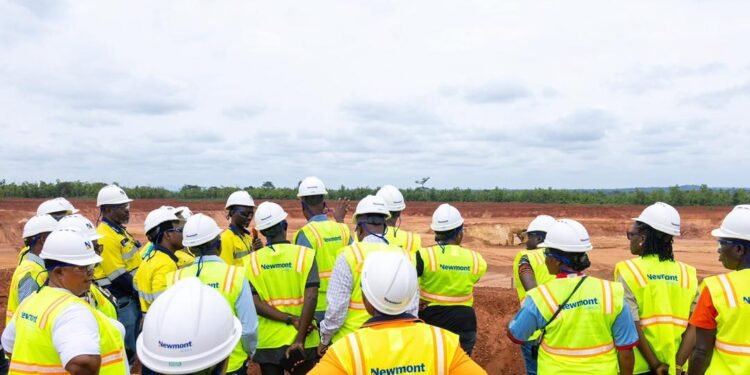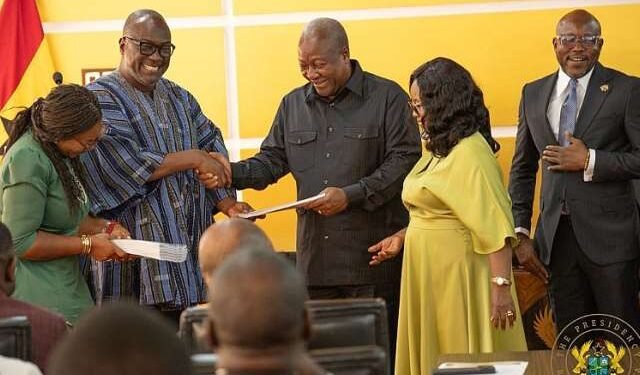The Minister of Tourism, Culture and Creative Arts has said that it is the aim of her ministry to become the leading sector of the country’s economy in the next ten years.
According to Mrs Barbara Oteng Gyasi, this ambitious goal is achievable over the said period because of the plans government is putting in place.
She said this in an interview on Thursday, July 30, 2020.
“Our aim for tourism is to become number one. Now we are at number four. We want to overtake oil, cocoa, everything and become number one.
“It is achievable over the ten year period. You have to be ambitious. You need to believe in yourself. You need to believe in the sector that you are leading. And I believe that this sector has so much to offer. We just need the support and the push.”
In 2018, the contribution of travel and tourism to GDP for Ghana was 3.5 billion US dollars.
The Minister indicated that, if this feat is achieved the living standards of many rural folk will be improved as most of the tourist sites in the country are in the hinterlands.
“…I believe that if we are able to do it, we are going to impact so many lives, especially our rural folk in the communities where our tourist sites are. If we are able to do this and come up with a state of the art tourist sites with all the various interesting additions, improved tourist sites, it will drive more people visiting those communities and impacting the lives of the people there. And that will bring economic transformation.”
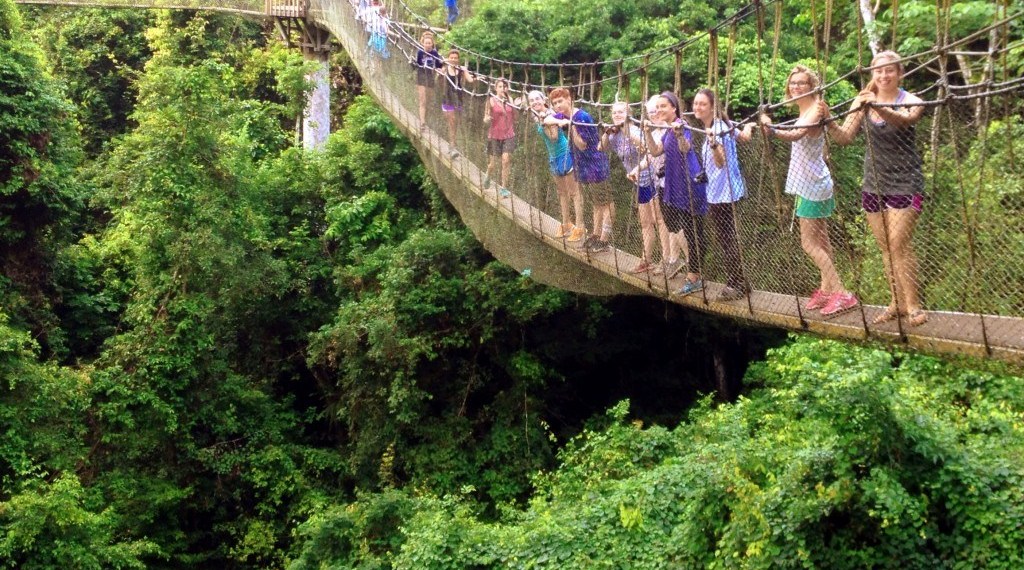
According to her, her resolve is based on the projects being implemented by the government. The completion of the Ghana Tourism Development project, to her, will clear the fundamental impediments in the growth of the sector.
“The Ghana Tourism Development project is looking at the various challenges that confront the industry and lending the support to address them. So as we complete this first phase, we can get even more support to do… bigger things and that is how we are going to make the impact.”
She indicated that, the focus of the project will be on amending the country’s, tourism policy, culture policy, and the training policy for the tourism industry.
The training policy, in her view, is very important “because this is a service industry, therefore, the service should be excellent so that people will feel gratified to come back to you again.”
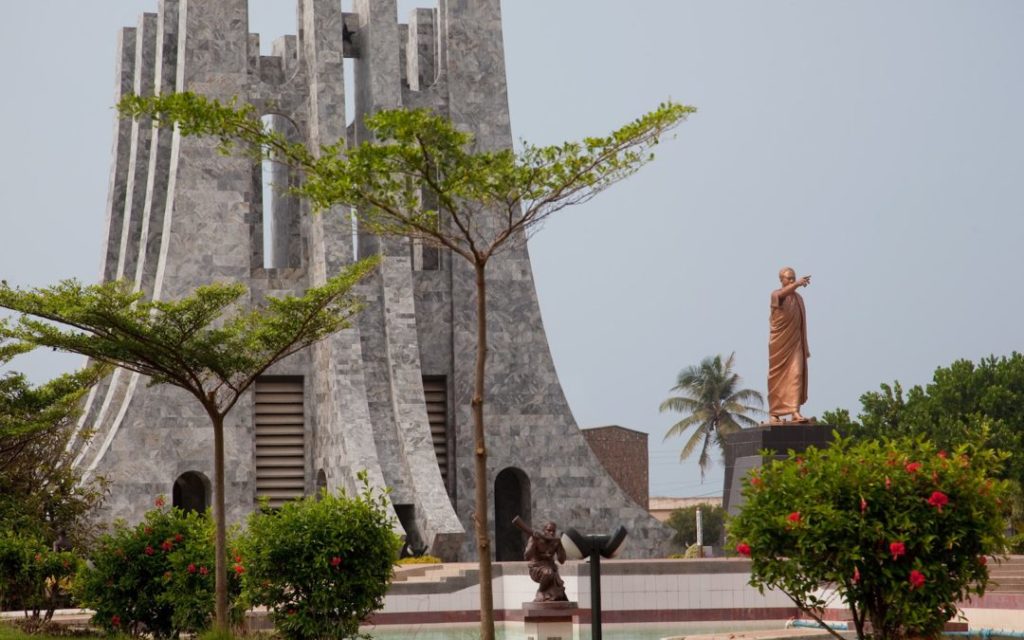
As a result of how essential training is to the sector, she disclosed that as part of the project, the government has plans of setting up a state of the art training institute.
“So with all that together, by the time we complete the first phase of the project, we would have addressed the fundamental challenges and then we will get even more funding to do bigger things.”
However, with all these expectations, there have been consistent concerns about how much investment is being injected into the tourism sector. Many players in the sector have complained about the inadequate funds put into the industry by successive governments.
But, Mrs Oteng Gyasi thinks the investments needed in the sector must not solely come from government. She believes it is the responsibility of the state to put in place frameworks to boost private sector involvement in the country’s tourism sector.
“You see, for tourism to thrive, it is not so much government funding but it’s also private investment. Government will provide the enabling environment and we need to drive in the private investment into the sector. There is so much that we can do with private investment which will push tourism to thrive and to achieve this target that we have set for ourselves.”
According to her, complains about the expensive nature of the country’s hotel industry is an investment opportunity.
“We need to get people who will invest in certain hotels that are moderate and that is why the ministry came up with the idea of the Akwaaba hotels, the hotel chains needed close to areas where we have tourist sites.”
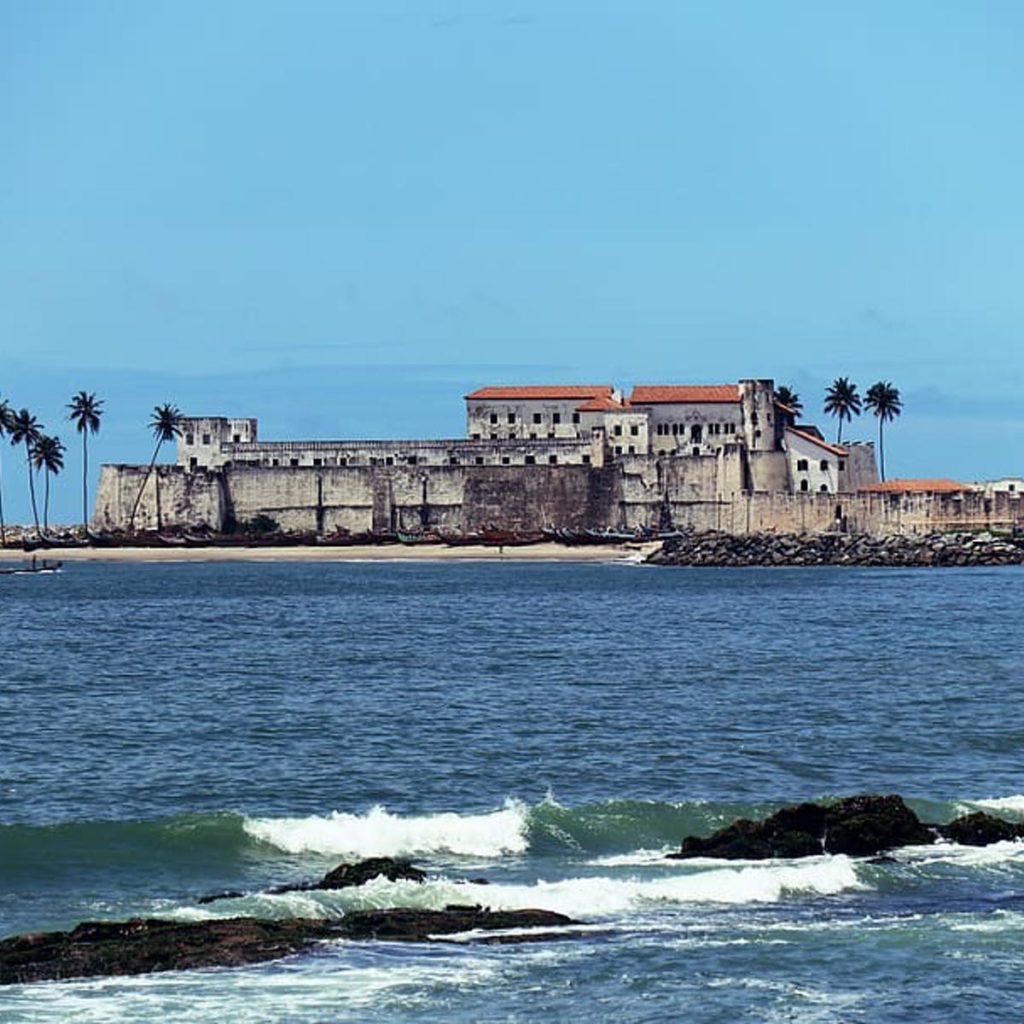
The Minister, however, conceded that government support has lagged over the years in investing in the critical infrastructure for the sector.
“Definitely, that is one area that government support is really needed, in terms of infrastructure leading to our tourist sites. For instance our roads, extension of water, extension of electricity. When you have these available and then you set up a business there you are assured… that your business will thrive.”
The Ministry estimated that, the sector accounted for 4.9% of GDP in 2018, making it the fourth-largest contributor after cocoa, gold and oil. Tourism supported 602,425 direct and indirect jobs that year, up 10% compared to 2017, when the sector employed 550,000 people. The World Travel & Tourism Council (WTTC) estimates that by 2029 around 746,400 people will work in Ghana’s tourism sector.
However, according to knoema.com, the percentage
“contribution of travel and tourism to Ghana’s GDP, was at level of 5.5 % in 2018, down from 5.6 % previous year.”
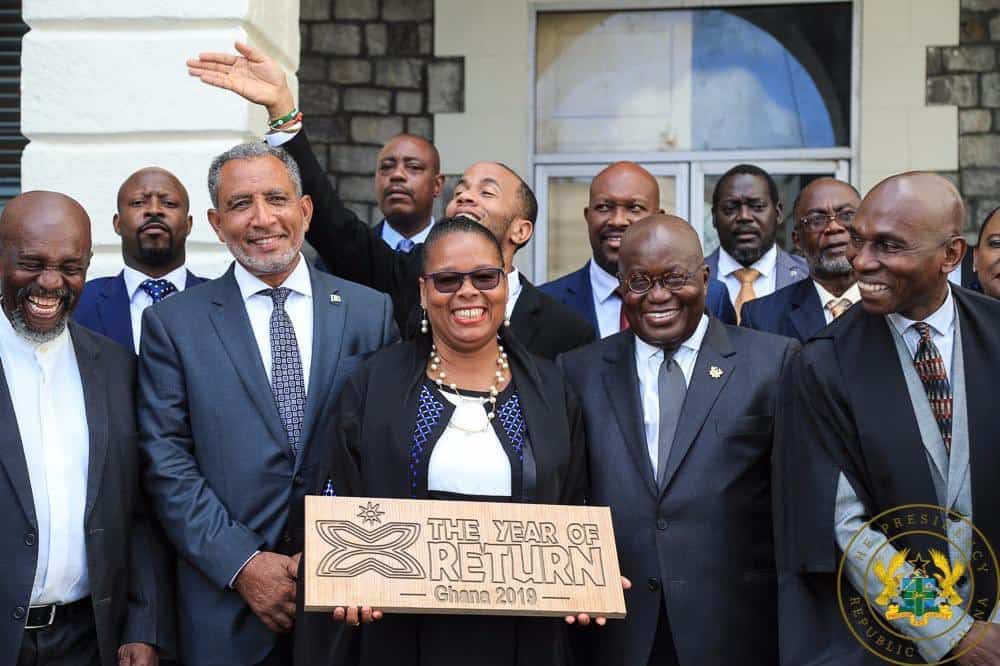
It is anticipated that, the figures for the 2019 fiscal year will jump up enormously as the Year of Return initiative is estimated to have “generated about $3.3 billion into the pockets” of Ghanaians, according to the Minister.
She indicated that, government “exceeded the target” it set for the Year of Return.
Unfortunately, the sector is among, if not the leading sector hit hard by the Coronavirus pandemic. Stakeholders in the tourism industry have called for tax rebates and support that transcend the government’s Covid-19 Alleviation Programme (CAP).
In view of this, the government of Ghana has secured funding from the World Bank which disbursement will start in the “middle of August”, according to the Minister.
As the COVID-19 pandemic rages on, the uncertainty in all the sectors of the economy heightens. But the Minister indicated that, her ministry has in place a “December in Ghana” programme to ginger the tourism sector in the coming months.





